An electrostatic separator is a device used to separate particles or materials based on their electrical properties. It utilizes the principle of electrostatic attraction and repulsion to achieve separation. This type of separator is commonly used in various industries for sorting and purifying materials.
The basic working principle of an electrostatic separator involves applying an electric field to the material being processed. When an electric field is applied, particles or materials with different electrical charges will experience different forces, leading to their separation.
Here are the key components and steps involved in the operation of an electrostatic separator:
- Feeding: The material to be separated is fed into the separator. This can be a mixture of particles with different sizes and electrical properties.
- Charging: The material is charged by applying an electric field. This can be done using electrodes or other means to generate the required electric field.
- Attraction and Repulsion: Charged particles experience forces of attraction or repulsion depending on their charge. Oppositely charged particles are attracted to each other, while particles with the same charge repel each other.
- Separation: The attracted particles move towards each other and are separated from the rest of the material. The repelled particles move away from each other and are also separated.
- Collection: The separated particles are collected into different bins or channels based on their properties.
 electric waste recycling solutions supplier
electric waste recycling solutions supplier

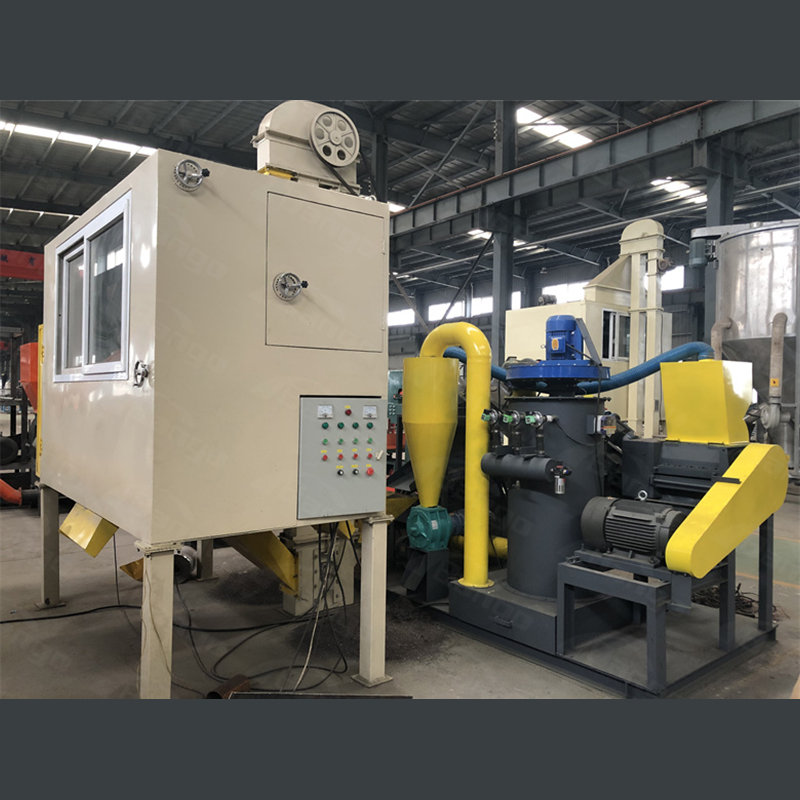
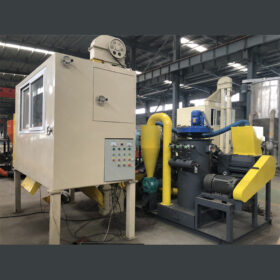
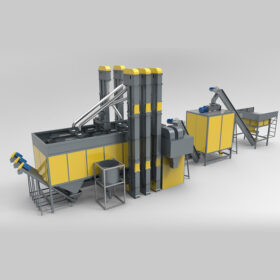
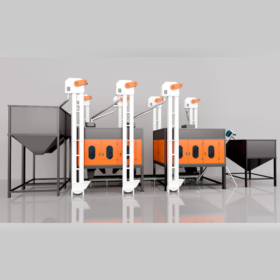
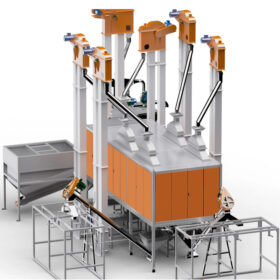
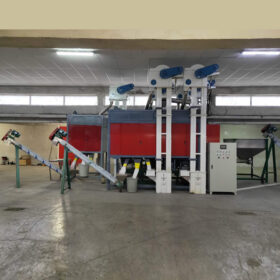
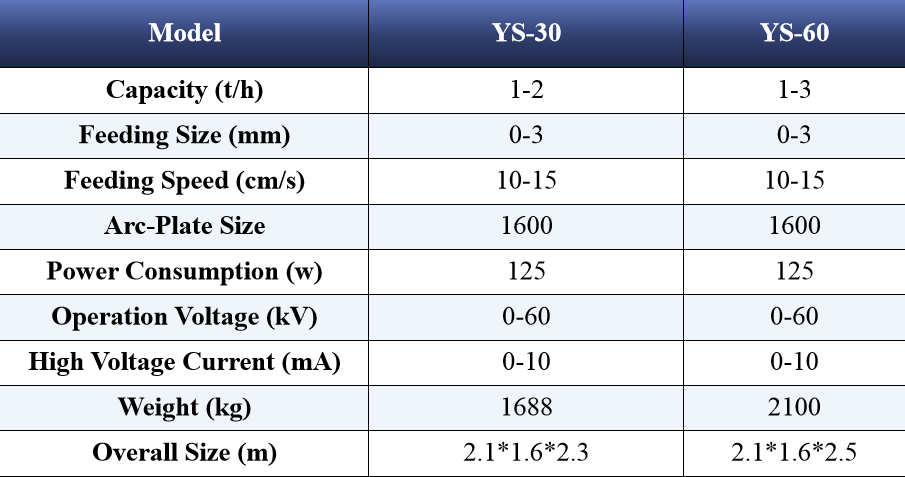
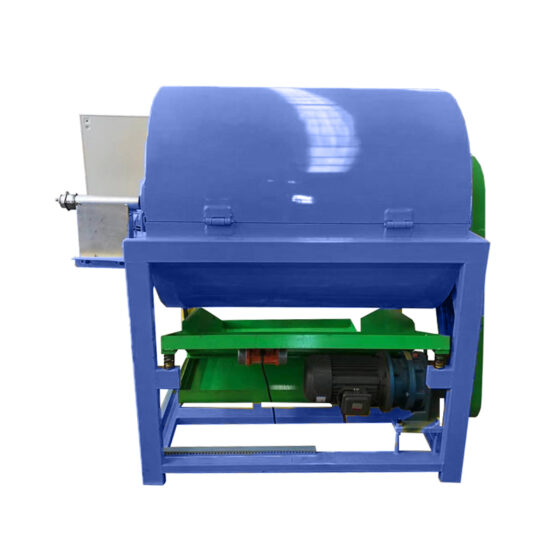
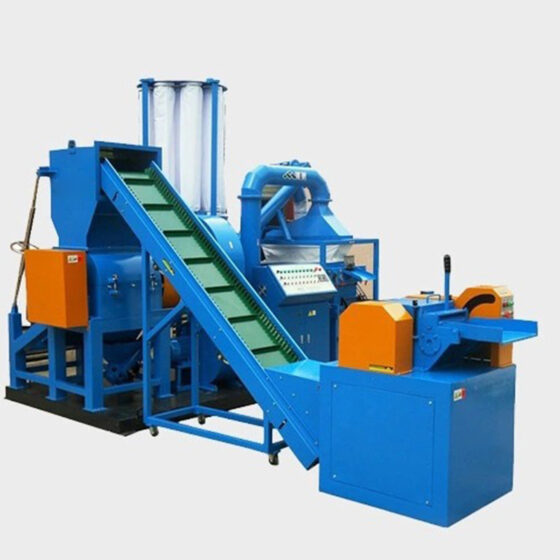
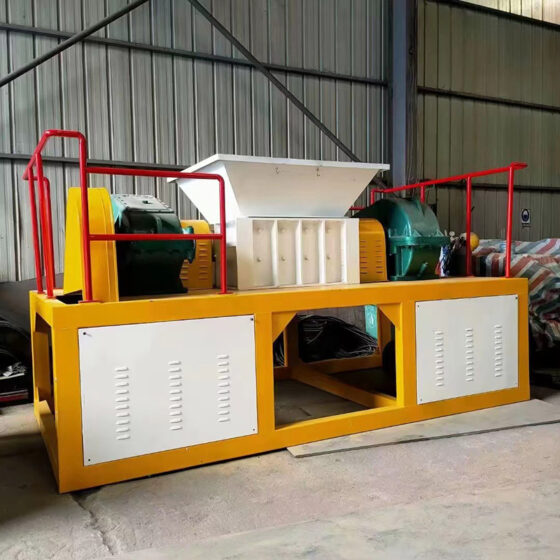

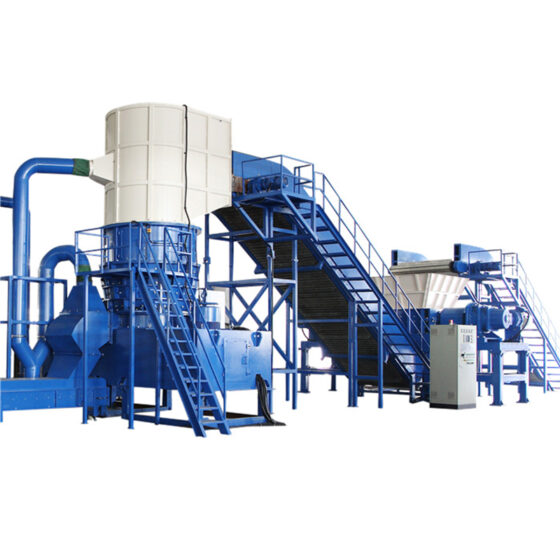
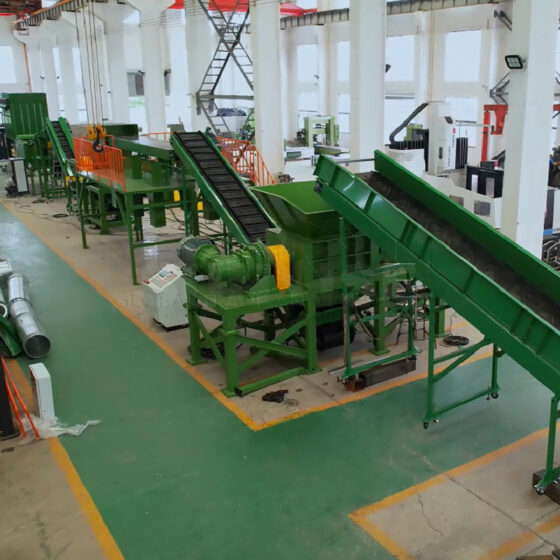
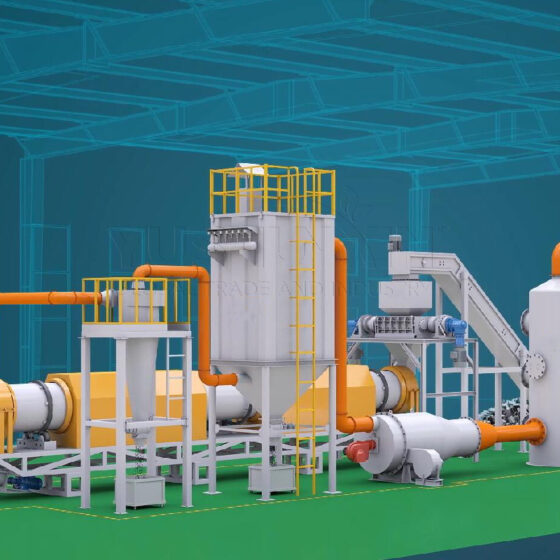
Give us Quotation we want machine that separate all kind of metals from PVC
Cerco macchina per separazione metalli briciole di Alluminio da plastica macinata
Looking for an equipment for electrostatic separation micro carbon fines and ash
Good job. We need it
I am interested to acquire a unit for my Small Scale Gold Mining business. The cost and the unit information I am interested. Please send me the qoutation and the ailabilty of the equipment.